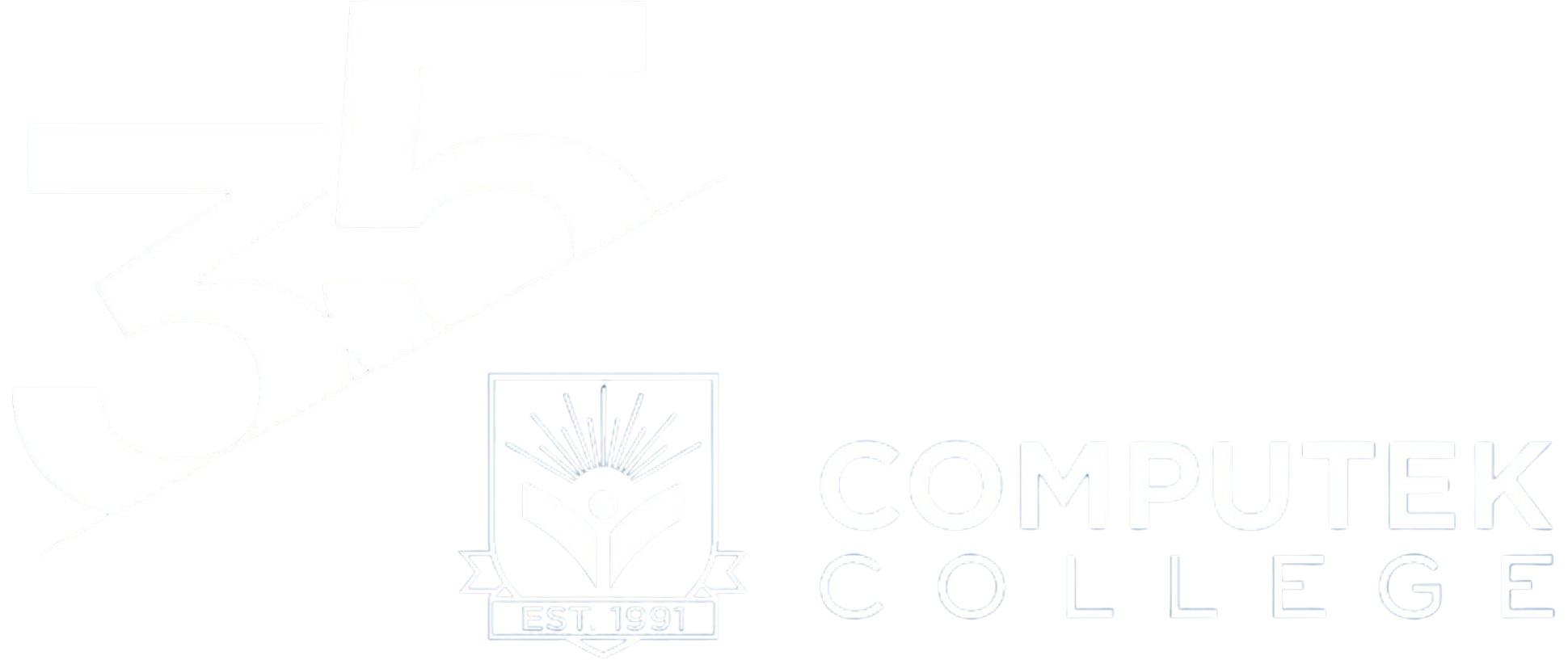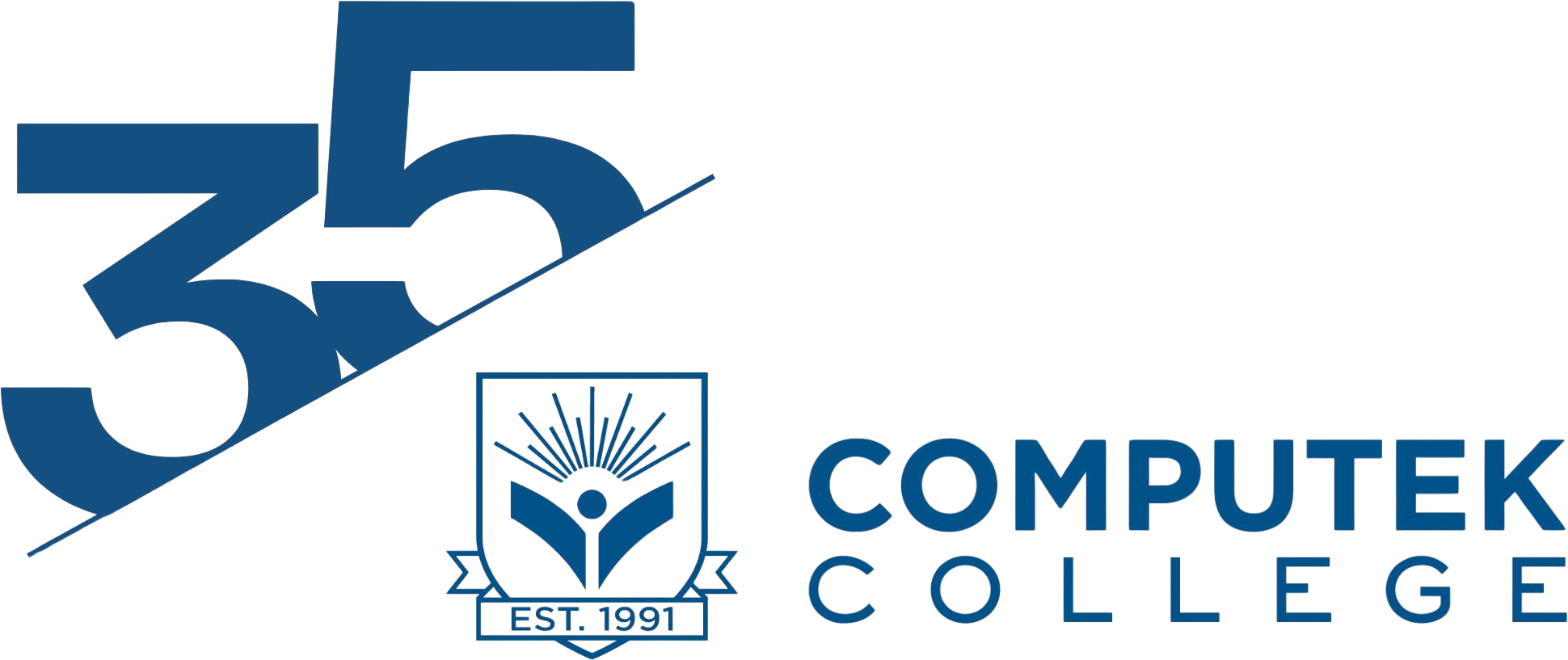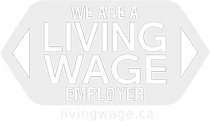Do you want to start a career in accounting, payroll, and tax? As business owners aspire to pay fewer taxes, the job of a tax professional is always in high demand. Our APAT diploma program at Computek College can prepare you for a successful career in the accounting industry.
In this blog, we will explore the key differences between corporate and personal taxation and explain why it is so important to understand how these systems work.
What Is a Corporation?
In Canada, corporations are separate legal entities that can own assets, have a bank account, operate a business, and pay taxes. Each corporation in Canada must have at least one shareholder. Shareholders have influence over major business decisions in the corporation.
The Differences between Corporate and Personal Taxation
Canadian corporations are subject to specific tax regulations. While self-employed people and registered businesses are subject to personal income tax, a corporation’s taxable income is determined by its revenue less current expenses such as wages, fees, rent, and production inputs; purchases of capital goods, such as machinery and buildings; and business losses that are written off for current or past years. Learning how to manage a corporation’s taxes is part of an accountant’s job, and the skills to do so can be found by taking a reputable program such as Computek College’s APAT diploma program.
Rates
Corporations are subject to a basic corporate income tax rate of 38.0%, with some exceptions. The federal corporate income tax rate is reduced by ten percentage points for businesses that pay provincial or territorial corporate income taxes, bringing it down to 28.0%.
Allowable Deductions and Tax Credits
For corporations, allowable deductions include general business operating costs, interest on borrowed money used to earn business or property income, business meals and entertainment expenses, insurance premiums relating to the property of a business, donations made to registered Canadian charitable organizations, and expenditures on scientific research and experimental development.
In terms of personal taxation, deductible costs and expenses include those related to employment, education, care for a dependent, alimony, certain moving expenses, union and professional dues, donations, and investment-carrying charges.
Disadvantages
Corporate income taxation may have detrimental effects on consumer spending, corporate finance, investment, and employee morale. For instance, a corporation might be unwilling to make new investments since a corporate income tax would be applied to the return on investment.
The number of hours that people choose to work may change if personal income tax rates rise. People might put in more hours at work, for instance, to make up for their lower take-home pay. As an alternative, they might put in less effort because they favour leisure activities due to their lower take-home pay.
Advantages
Canadian taxation of corporate income ensures that in cases where corporate income is distributed to foreign shareholders, where Canadian-source income might not be taxed, at least some tax revenue is collected.
The personal income tax system is a strategy to redistribute income among tax filers. Also, personal income taxes help to finance federal initiatives.
The jobs of tax accountants are important as they help ensure that individuals, businesses, and corporations are taxed fairly in accordance with regulations. At Computek College, we offer an APAT diploma program that will teach you the essential skills necessary to pursue a career in accounting. Call us at 416-321-9911 for more information!








